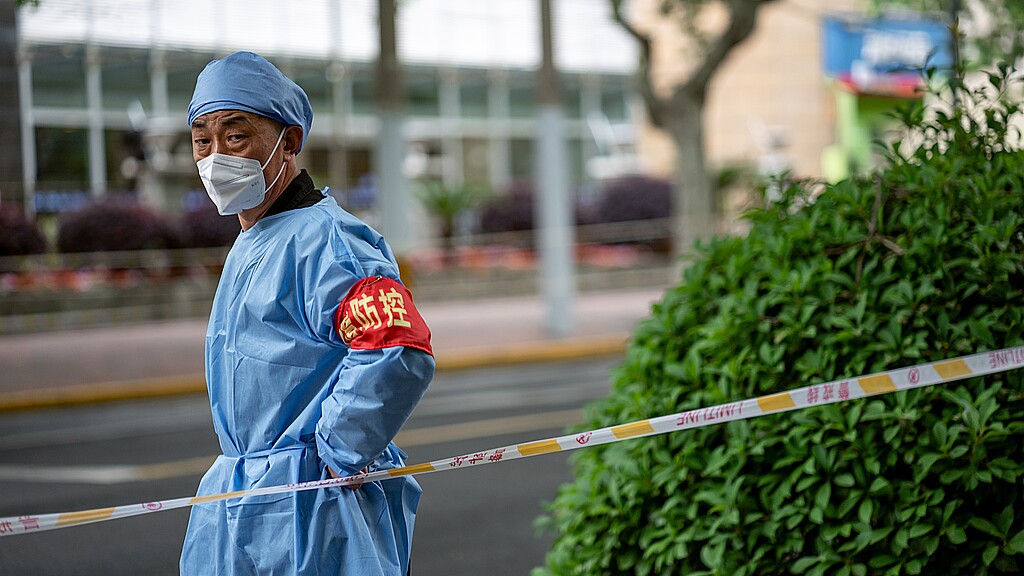Coronavirus
China reopens borders with Hong Kong after three years
The measure will allow up to 60,000 residents to travel and will gradually reopen to more visitors

January 6, 2023 8:08am
Updated: February 6, 2023 4:15pm
The Chinese government announced on Thursday that it will reopen borders with Hong Kong on January 8, almost three years after they were closed to prevent the spread of COVID-19.
The measure will allow up to 60,000 residents to travel and will gradually reopen to more visitors, according to Hong Kong leader John Lee. Fifty thousand residents will be allowed to travel through land checkpoints, while the remaining 10,000 are for those traveling by air, ferry, or the Hong Kong-Zhuhai-Macau bridge.
The quota does not apply to Hong Kong residents traveling back to their home from mainland China, or mainland Chinese traveling back to their homes. However, advance bookings will be required for some travel.
Additionally, quarantine for travelers will be eliminated. Instead, those crossing the border will only have to present a negative PCR test taken no less than 48 hours before crossing.
China will also resume issuing travel and business visas for mainland residents seeking to travel to Hong Kong.
The reopening of the border will start the same day that China plans to drop quarantine requirements for travelers arriving on international flights and increase the number of flights allowed to enter the country.
China has been almost completely cut off from the world for three years after the Chinese Communist Party (CCP) implemented harsh travel restrictions. Foreigners were completely banned from entering the country throughout 2020.
The new policies are a major step that China has taken to lift its “zero COVID” policy to handle the pandemic. Under the strict policy, the CCP sought to completely eliminate infections by completely locking down cities and preventing millions of people from leaving their homes for months at a time.






